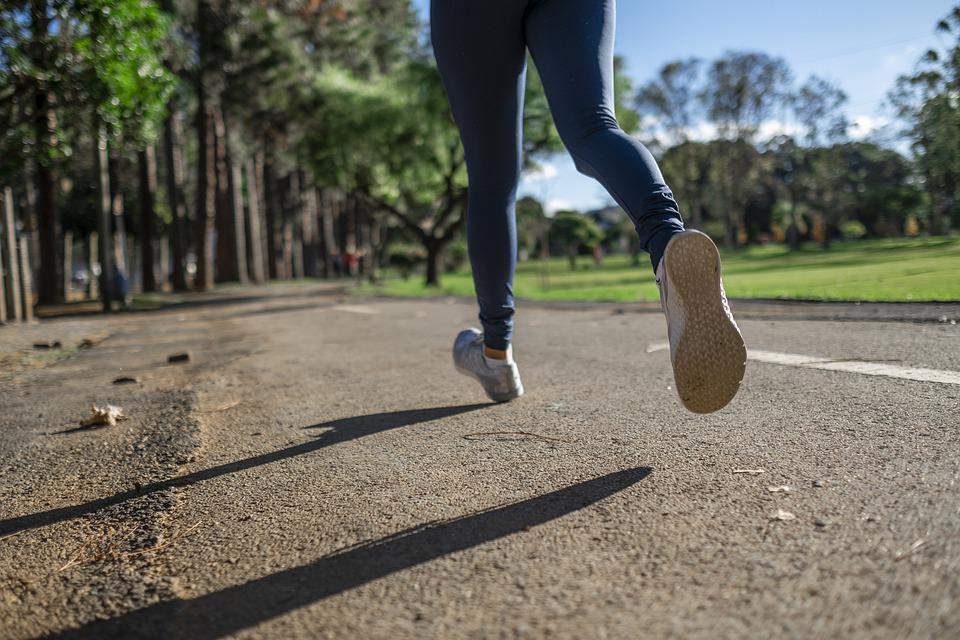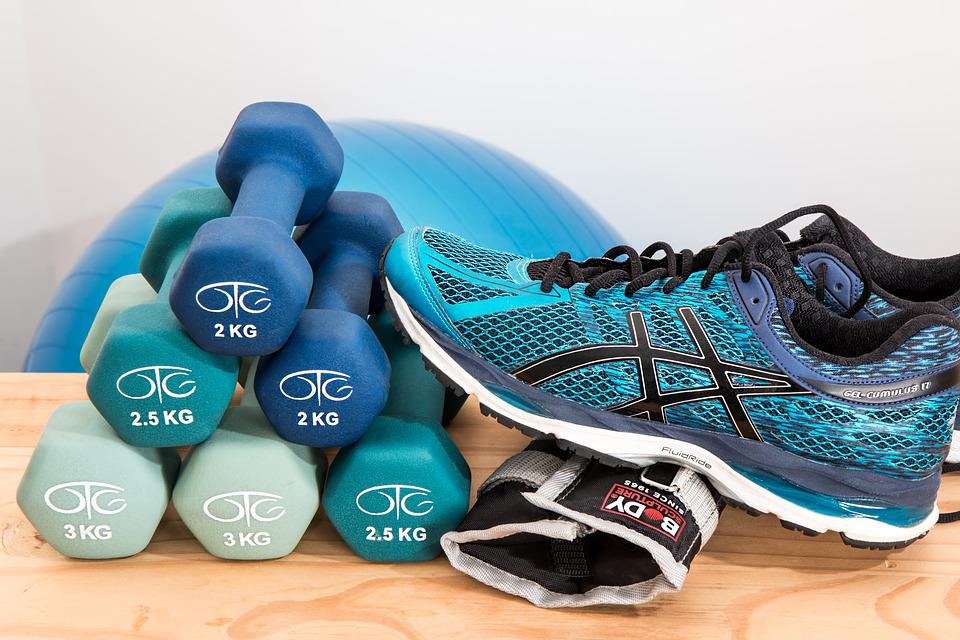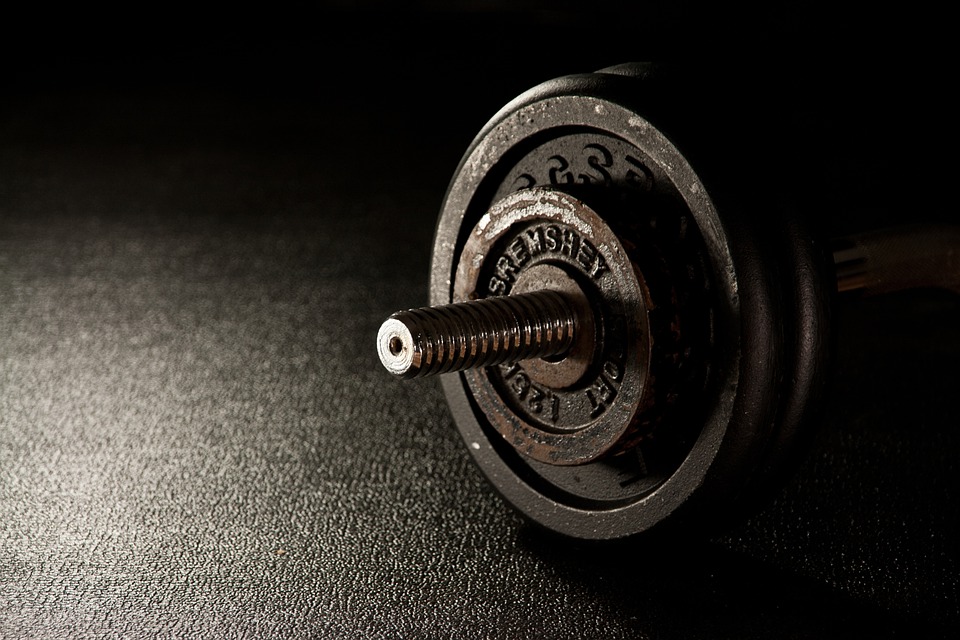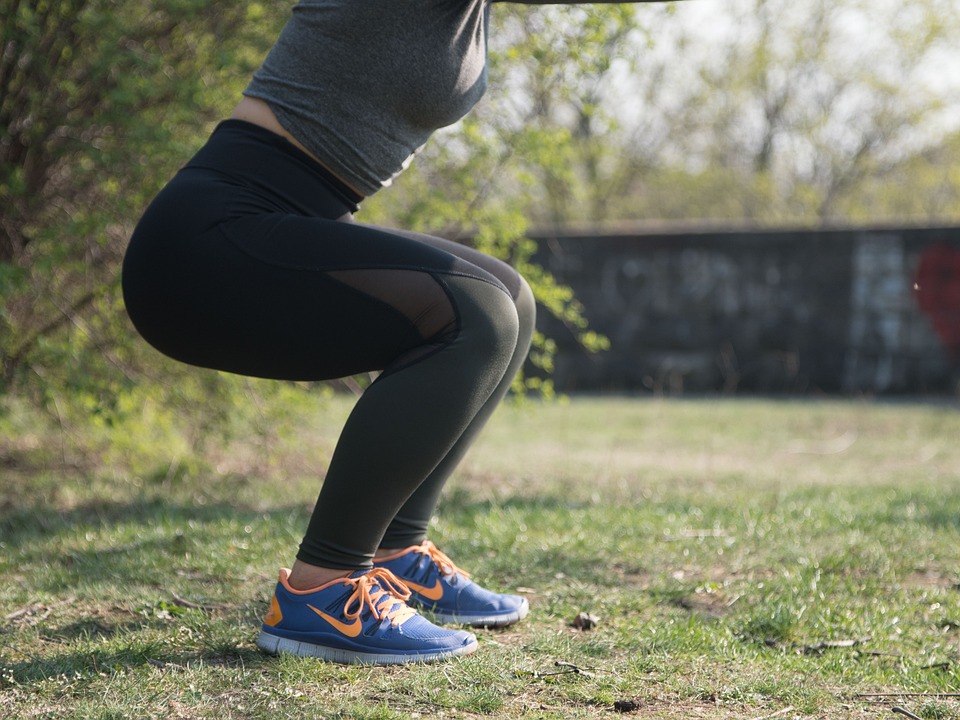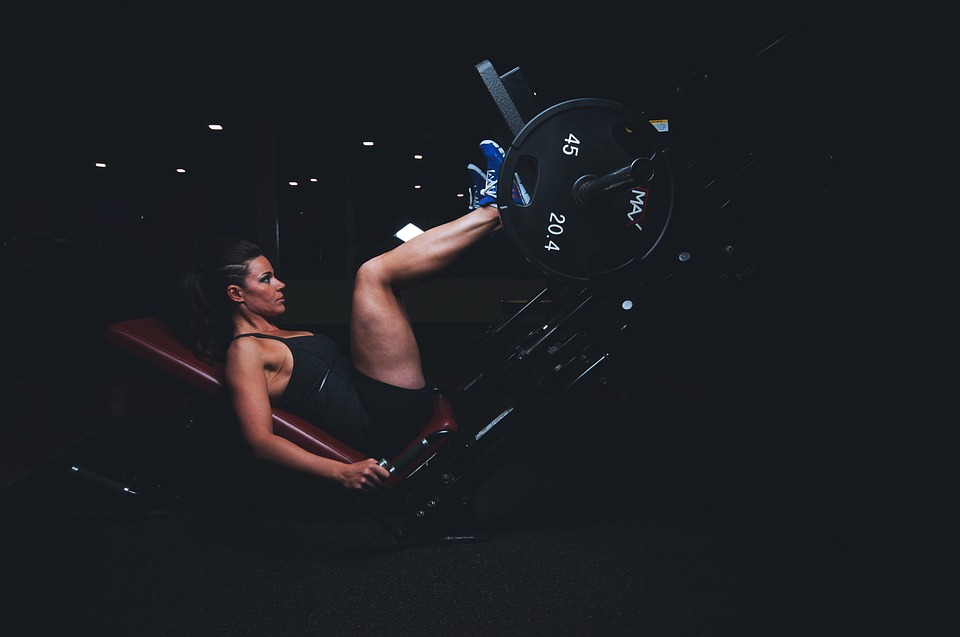
Recovery is essential to making strength gains.
If you don’t take care of yourself after a workout, it can be harmful.
The average amount of time it takes for muscles to recover after resistance training is one to two days.
The things that happen during this time period will determine if you are making progress towards your goals.
The body will either be in a positive or negative protein balance in the aforementioned time frame; the former is associated with prevalent muscle protein synthesis and the latter with prevalent muscle protein breakdown.
The size of a muscle is determined by the balance of muscle hypertrophy versus atrophy.
There are two main components to recovery:
- Nutrition: Proper nutrient intake and timing are absolutely crucial in the hours immediately after and up to forty-eight hours following a heavy bout of resistance training. We will discuss the importance of carbohydrates as well as protein, with emphasis on essential amino acids (EAA), and how they act to ensure maximum increases in overall size and strength.
- Downtime: Getting adequate rest is instrumental in maintaining the longevity of your training. Achieving your goals won’t happen overnight, or even over weeks. It may take months, and for that reason, you want to ensure you’re getting the rest you need to keep up the intensity day in and day out.
Nutrient Composition & Timing During Recovery
taking in nutrients is important after a strenuous workout because it helps replenish glycogen stores and promote muscle protein synthesis
If you’re not eating right, your body will break down muscle for protein. Eating the right amount of protein at the right time can help build muscle.
Carbohydrates
As mentioned, it is important to consume carbohydrates after exercise to refuel and to ensure adequate energy stores are present for the next training session. Consuming carbs immediately following exercise results in a greater rate of glycogen synthesis. This is validated in that delaying carbohydrate ingestion by as little as two hours may slow glycogen synthesis by as much as fifty percent.
The reason for this distinction is that immediately post-workout, muscles are more sensitive to the activity of insulin. Therefore, adequate carbohydrate intake is recommended at zero point six to one gram per kilogram per hour, immediately following exercise and for every two hours thereafter up to six hours.
The daily recommended amount of carbs is four to seven grams per kilogram body weight or fifty-five to sixty percent of total calories.
Protein
Protein must be available during the recovery period for muscle growth to occur, as neither fat nor carbohydrates can cause muscle growth on their own. In fact, even if carbohydrates are available, muscle growth will not occur if protein is not present.
Howevr, eating carbs along with protein may be beneficial because carbs stimulate insulin production. Studies have shown that consuming protein with carbs will increase the amount of amino acids available and promote protein synthesis.
Protein sources and timing of consumption are important considerations.
Medical research suggests that whey protein is absorbed more quickly by the body than casein, which leads to a greater increase in protein synthesis. However, casein has been shown to be more effective at inhibiting muscle protein breakdown, so it may be a better choice to take before going to bed.
A protein solution that only contains essential amino acids and carbohydrates has been shown to make muscle protein synthesis happen even in people who are resting. So, essential amino acids, especially the branched-chain amino acids (BCAAs) – leucine, isoleucine, and valine – help optimize protein synthesis after a workout.
Protein consumption should be immediate following exercise at a ratio of one to three or one to four with carbs. Additionally, protein consumption every three hours for twelve hours is optimal.
Fat
The amount of fat you consume should be based on the number of calories you want to consume overall. Total fat intake should be between 15 and 30 percent of your total calorie intake.
Rest & Sleep During Recovery
There are two main advantages to getting enough rest and sleep while you are recovering from an injury. The first is that it reduces the risk of overreaching and overtraining. Overreaching happens when you can no longer perform at the same level as before, and overtraining happens when your body is unable to recover properly, which can lead to irritability and other problems.
Sleep is important for maintaining normal hormone levels and preventing problems with metabolism and cognition.
Rest
You should include rest days in your workout schedule, as well as giving your muscles at least 24 to 48 hours rest between workouts. If you don’t give your body enough time to recover, too much training can lead to overtraining.
One single day of rest is not enough to recover from overtraining, which may take more than two weeks. Obviously, developing overtraining syndrome will make it hard to progress in the gym.
In order to avoid having to take long breaks from activity, it is important to make sure you get enough rest and recovery.
Sleep
If you don’t get enough sleep, it will hurt your progress in the gym. You should be getting eight hours of sleep a night. It’s interesting that one study found that even sleeping just a few hours less per night can have a big impact on body composition.
Subjects who had less energy and only slept for 5.5 hours saw a significant reduction in lean body mass and a slower rate of fat loss compared to those who slept for 8.5 hours. Moreover, lack of sleep makes it more difficult to focus and hinders cognitive function.
In conclusion, sleep loss can cause hormone imbalances which then lead to problems such as increased protein breakdown.
15 Proven Tips to Maximize Muscle Recovery
A lot of people think they need to spend a lot of money on supplements to see results from their workout routine. However, even though some supplements can be beneficial, you won’t see the best results possible unless you’re already taking care of the essentials.
Here are 15 tips to help you recover muscles and build a more consistent fitness program.
Foods
- Protein post-workout
Exercising causes damage to the proteins that make up muscle fibers. Eating protein after working out can help repair this damage by providing the body with the raw materials it needs.
A study found that0.4 to 0.5 grams of protein per kilogram of body weight is the amount needed to promote muscle growth.
- Protein pre-workout
If you eat protein before you work out, it may help increase how much muscle protein your body makes.
Research has found that the optimal amount of protein for post-workout consumption is 0.4 to 0.5 g/kg (0.18 to 0.22g/lb) of body weight.
- Carbohydrates post-workout
Your muscles store carbohydrates in the form of glycogen and use it as their primary form of energy during short-duration and intense exercise.
If you want to quickly replenish your glycogen levels in four hours or fewer, such as when working out multiple days in a row, you should consume 1.2 grams of carbohydrate per kilogram of body weight per hour, focusing on carbohydrates with a glycemic index above 70, according to the International Society of Sports Nutrition.
Carbs that have a low glycemic index include white rice, potatoes, and sugar.
- Eat an overall balanced diet
If you want to make sure your muscles can recover properly, make sure to eat a healthy diet so you don’t lack any nutrients.
As a general rule, this means:
- minimizing your consumption of ultra-processed foods
- eating plenty of fruits and vegetables
- getting at least 1.4 to 1.8 grams of protein per kilogram of body weight (0.6 to 0.8 g/lb)
Drinks
- Stay hydrated
If you don’t drink enough fluids, your muscles won’t be able to repair themselves as well. You’re more likely to get dehydrated if you’re exercising in hot or humid weather.
The American College of Sports Medicine recommends drinking 16 to 24 ounces of fluid for every pound you sweat out while exercising.
- Tart cherry juice
Researchers found that drinking tart cherry juice after exercise may help to reduce inflammation, muscle damage, and muscle soreness.
The effects of CBD are not fully understood, but many studies look promising. A typical dose of CBD is 480 milliliters per day (about 1.6 ounces).
Supplements
- Creatine monohydrate
There is a lot of research on creatine and it consistently shows that it can improve muscular strength when used with resistance training.
An extensive body of research has found that creatine can be extremely beneficial for athletes, helping them to recover from intense training sessions by reducing muscle damage and inflammation. In addition, creatine has also been shown to help replenish your muscles’ glycogen stores.
- Protein powder
It is often used by athletes and body builders who need more protein to help build muscle. Protein powder is a convenient way to increase your protein intake. It is commonly used by athletes and bodybuilders who need more protein for muscle growth.
There are many different types of protein powders that contain all of the essential amino acids. Two of the most popular types are whey and collagen powders.
Lifestyle
- Sleep more
Sleep allows your muscles to heal after exercising intensely. People who exercise a lot need more sleep than the average person. Some professional athletes sleep 10 hours or more each night.
Not getting enough sleep may make it harder for your muscles to recover after exercise. This is because it can affect the body’s inflammation reaction and the production of hormones that help muscle growth.
- Massage
Some athletes use massage as part of their training in order to relieve muscle soreness.
A 2020 review of studies found that massage has a small but significant effect on improving flexibility and decreasing delayed onset muscle soreness after exercise. This means that massage can help you stay limber and might make it less painful to work out the next day.
- Compression garments
Compression garments have become increasingly popular among athletes in the past several decades.
There is not a lot of research on whether compression garments help people recover from exercise faster. However, a 2019 study found that compression garments may help reduce the amount of time it takes for muscles to recover in German handball players.
The athletes in the study alternated between wearing the garments for 12 hours and then taking a 12-hour break, for a total of 96 hours.
- Contrast water therapy
Contrast bath therapy involves alternating periods of submerging in very warm water and very cold water. This therapy can help improve circulation and relieve pain.
The temperature change affects blood vessels by causing them to contract and expand, which in turn affects the heart rate.
Contrast bath therapy may help reduce muscle soreness post-workout, although the research is limited and may only be relevant for athletes.
- Cryotherapy
This treatment is also known as cold therapy, cryosurgery, or cryoablation. It is most commonly used to treat skin conditions, such as warts, but it can also be used to treat other conditions, such as muscle pain, arthritis, and migraines. Cryotherapy is the technique of exposing your body to an extremely cold temperature, usually for a few minutes. It can be used to treat skin conditions, such as warts, but it can also be used to treat other conditions, such as muscle pain, arthritis, and migraines.
According to research, taking this supplement may be able to help you recover more quickly by reducing pain, inflammation, and muscle fatigue after strenuous activity.
Things to avoid
- Alcohol
Drinking alcohol is bad for your health in many ways.
If you’re an avid cyclist, you might want to avoid alcohol after your rides. Research has found that consuming alcohol after cycling can impair your muscles’ ability to replenish glycogen and also affect protein synthesis. So, next time you’re considering a post-ride beer, you might want to reconsider.
- Tobacco
Smoking tobacco negatively impacts your musculoskeletal system.
There is not a lot of research about how smoking cigarettes affects muscle recovery, but there is some evidence that it increases the risk of muscular injuries.
Smoking tobacco is also associated with an increased risk of developing joint disease and an increased risk of fracturing a bone.
How do I prevent injury during muscle recovery?
Any good training program should start with small incremental increases in intensity or volume over time. If someone jumps ahead too quickly, they put themselves at risk of injury or overtraining.
Different trainers have different philosophies when it comes to training. Some say that you should leave your workout feeling challenged but not completely exhausted, while others believe that pushing yourself to complete exhaustion is the only way to get results.
The most successful athletes are strategic about the times or years when they train at peak intensity.
If you want to have more time in between your workouts, it is a good idea to design your program so that you are working out different muscle groups on different days.
For example, if you are lifting weights three times a week, try a schedule like this to give each muscle group a full week to recover:
Monday: Back and biceps
Wednesday: Chest and arms
Friday: Legs and core
Athletes who train for specific sports, like sprinters or Olympic lifters, often train the same body parts almost every day. They are usually strategic about how they set up their training. They often alternate high- and low-intensity days to give their muscles time to recover.
Are there complications from not allowing muscle recovery time?
If you do not allow your muscles to rest and recover between workouts, you are more likely to become injured.
Exercise-induced stress leads to small tears in the muscles, called micro tears. These tears cause the muscles to feel sore and inflamed. An accumulation of micro tears puts you at risk of developing torn muscles, also called muscle strains or pulled muscles.
Muscle strains can be either mild, causing only discomfort, or severe, requiring surgery to repair the damage. If you don’t heal completely, you will probably see your athletic performance suffer.

